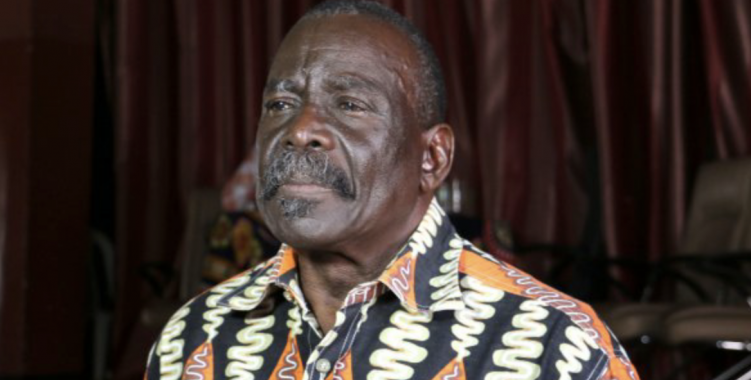"People were anxiously waiting for independence day" said Ngola Kabango when speaking to the Lusa agency, about the 50th anniversary of the 25th of April 1974, which put an end to 48 years of dictatorship in Portugal.
"It's good for people to know that it was our fight that led to the coup d'état in Portugal. The captains, most of whom fought in Angola, mainly in the north of Angola - Costa Gomes, Vasco Gonçalves, Vasco Lourenço - came to the conclusion that they could not win militarily", said Ngola Kabango, who succeeded the founding leader of the FNLA, Holden Roberto, after his death in 2007.
The politician, who on April 25, 1974, was in Kinshasa, capital of the then Republic of Zaire, now the Democratic Republic of the Congo (DRCongo), said he was not surprised when he received the news of the coup d'état in Portugal.
Between Angolan and Portuguese nationalists, assured Ngola Kabango, there was no connection, but the situation was monitored "through channels".
"There was no connection whatsoever, they had a philosophy that was contrary to ours, they were linked to the Portuguese communist party and we were - and still are - nationalists, there was no political and ideological affinity", he highlighted.
Ngola Kabango admitted that "in a certain way" the 25th of April "was a great contribution" to the independence of the former colonies, because it overthrew "the Salazar Caetanista system".
"They had no other way out than to respond to the appeals of the people of the colonies, who were fighting with weapons in their hands, such as Angola, Guinea [Bissau], Mozambique, and they had no other way out than to follow the path they took, but also pressured by us", he repeated.
The former deputy of the National Assembly, who in 1958 joined the FNLA, one of the three movements of the Angolan liberation struggle, highlighted that the war in Angolan territory only ended with the signing, on October 14, 1974, of the Cessation Agreement of Hostilities, between a Portuguese delegation, led by the late General Fontes Pereira de Melo, at the time head of the Military House of the Portuguese President, António Spínola, and the founding leader of the FNLA, Holden Roberto.
The leader said he felt "happy and practically fulfilled in terms of the liberation struggle" with April 25, 1974, "a long period of 14 years, which was worth it".
For Ngola Kabango, the 25th of April "is a little bit of Angola", since most of the captains of the Carnation Revolution fought in Angolan territory, regretting that the new generation is unaware of this process of struggle and "barely knows the dates".
"I think that on that day we should congratulate the Portuguese people and share their joy with them, because Portugal also freed itself from dictatorship, from fascism," he said.
After 50 years, the FNLA's history considered that "Portugal left Angola in a shameful way", with the country having entered "a disastrous civil war", which is already part of the past, preparing to celebrate within a year half a century of independence.
"I have faith that Angola will take this qualitative step, it will turn the page, so that a true nation can be born, Angola focused on progress, for the economic well-being of the population. It is a wish, but I have faith that this will happen ", he said, classifying the country's current socio-economic situation as "the shocks of a growing nation".
"Currently, we are all in a situation, I would even say, worrying in socio-economic terms, but these are labor pains. The emotions, the euphoria, the fanaticism will pass and we will have more country, more growing nation and we will get it right", added Ngola Kabango, stating that they are a more mature Angolan people, "despite the suffering" that will bring about "change, in a good sense", that is, "democratic and without violence".
The politician believes that Angola's next general elections, in 2027, will be the moment "of turning point, but in a good way".







